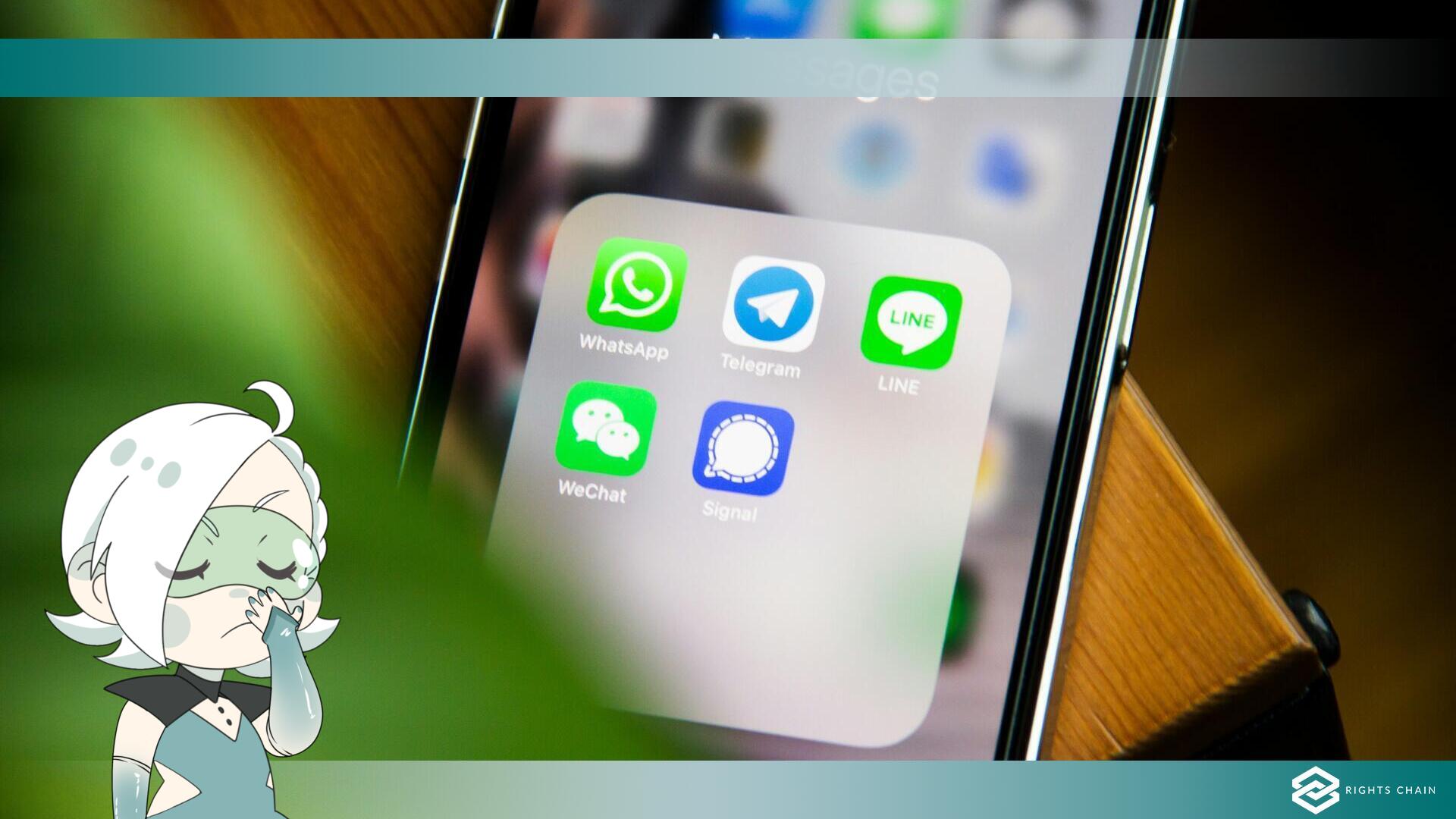‘It’s terrifying’: WhatsApp AI helper mistakenly shares user’s number.
Who would have thought that the almost “people-pleaser” nature instilled within the most popular chatbots in the tech world would lead them to dig their own grave? The current situation of these services is characterized by a clear need to appear useful, necessary, as serviceable as possible, always trying to offer a satisfactory response to the user, rather than admitting their mistakes.
WhatsApp's artificial intelligence, one of the most popular messaging systems in the technological sphere of the West, has recently demonstrated this relentless drive toward user satisfaction, reaching ethically appalling levels. When asked by Barry Smethurst, a record store employee looking for the TransPennine Express service contact, the AI provided him with a private phone number.
Following questions made by the man, aimed at investigating the origin of such an incorrectly answered number, the chatbot first tried to change the subject, and then admitted that the contact must have been “mistakenly pulled from a database.”
